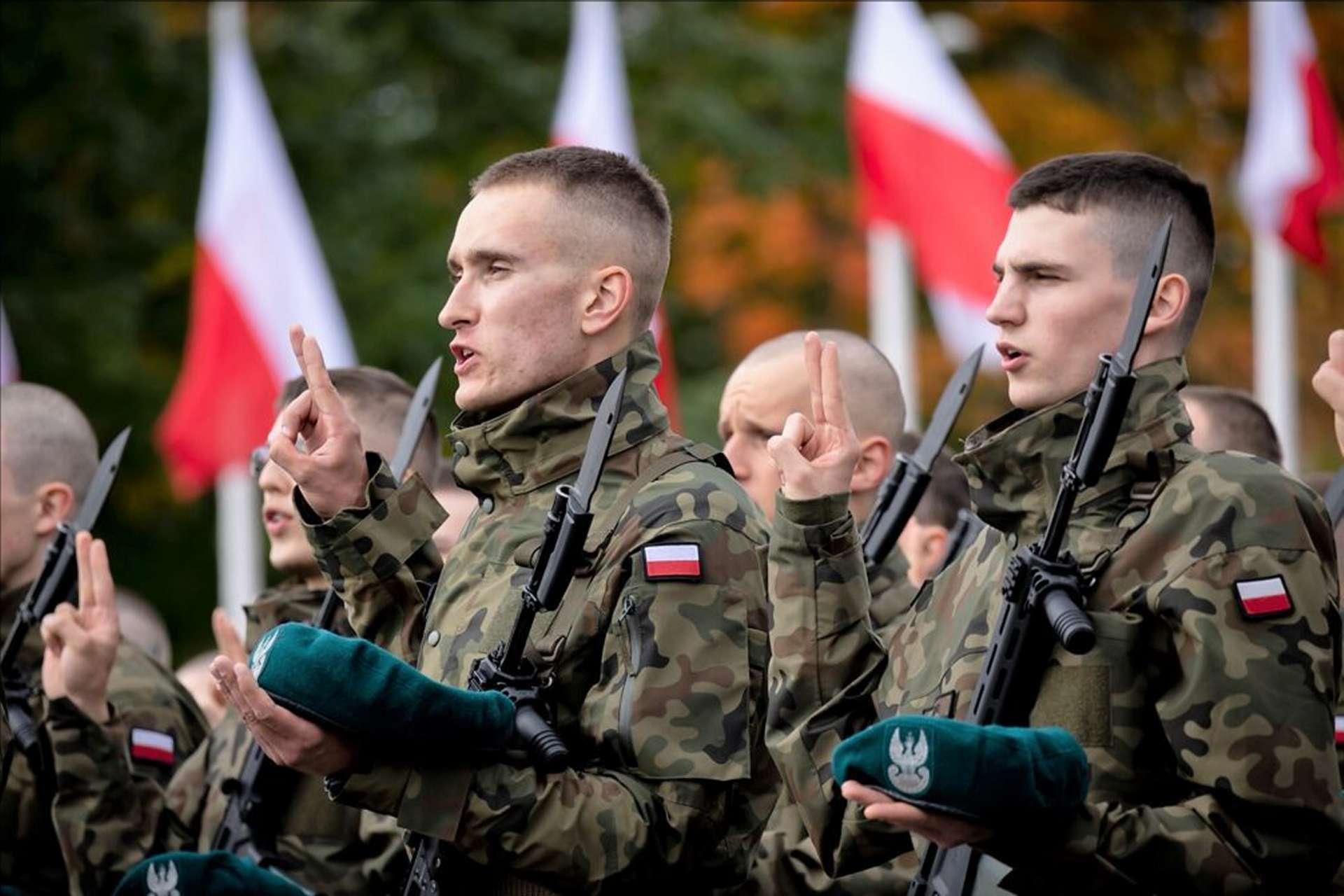Breaking News
Massive Number of Volunteers for Polish Army.
The Polish Armed Forces have already met their recruitment targets for the entire year of 2024 by early July, with additional volunteers still awaiting their turn. This surge in enlistment creates both opportunities and challenges, as indicated by General Wiesław Kukuła during a press conference at the General Staff.
Follow Army Recognition on Google News at this link

The Polish Armed Forces have met their recruitment targets for 2024. (Picture source: Polish MoD)
This information was revealed during a conference addressing the situation on the eastern border and the associated future preparations. A question was raised concerning a document recently disclosed by TV Republika, which allegedly indicated a reduction in planned expenditures for technical modernization.
General Kukuła responded unexpectedly, stating that the Armed Forces have increasing financial resources but are facing additional expenses to maintain the newly acquired modern military equipment. He cited FA-50 fighter jets and M1A1 Abrams tanks as examples. The unexpected number of volunteers has also generated unforeseen costs.
In many countries, recruiting volunteers for the armed forces represents a considerable challenge. The reasons are multiple and often complex. First, demographic trends play a crucial role. In aging societies, the pool of young people eligible to enlist is shrinking, which limits the number of potential recruits. Second, sociocultural perceptions of a military career also influence recruitment. In some nations, military service may be perceived as less prestigious or less attractive compared to other professional careers.
Additionally, the rigorous physical and psychological requirements of the military can deter many young people. Competition with the private sector, which can offer higher salaries and perceived better working conditions, also complicates recruitment efforts.
Unlike many nations, Poland currently seems to benefit from a particular enthusiasm for military service. Several factors can explain this phenomenon.
First, Poland’s geopolitical situation plays a significant role. Located on NATO's eastern border and near tension zones, the national awareness of the need for defense is particularly acute. Perceived threats, especially due to instability in some neighboring regions, encourage citizens to engage more actively in national defense.
Second, the Polish government has implemented policies and incentive programs to attract volunteers. These measures include financial benefits, educational and training programs, as well as a campaign to promote the military career. These initiatives make military service more attractive to young Poles.
Poland has a strong historical and cultural tradition of military service. Patriotism and a sense of national duty are deeply ingrained values in Polish society, which strengthens young people's willingness to join the armed forces.
While many countries struggle to attract volunteers to their armed forces, Poland finds itself in a unique position where the influx of recruits exceeds expectations. This enthusiasm can be explained by geopolitical factors, attractive government policies, and a cultural tradition of military service. However, this influx poses logistical and financial challenges, requiring adjustments in budget planning and military resource management to effectively integrate these new volunteers.


























